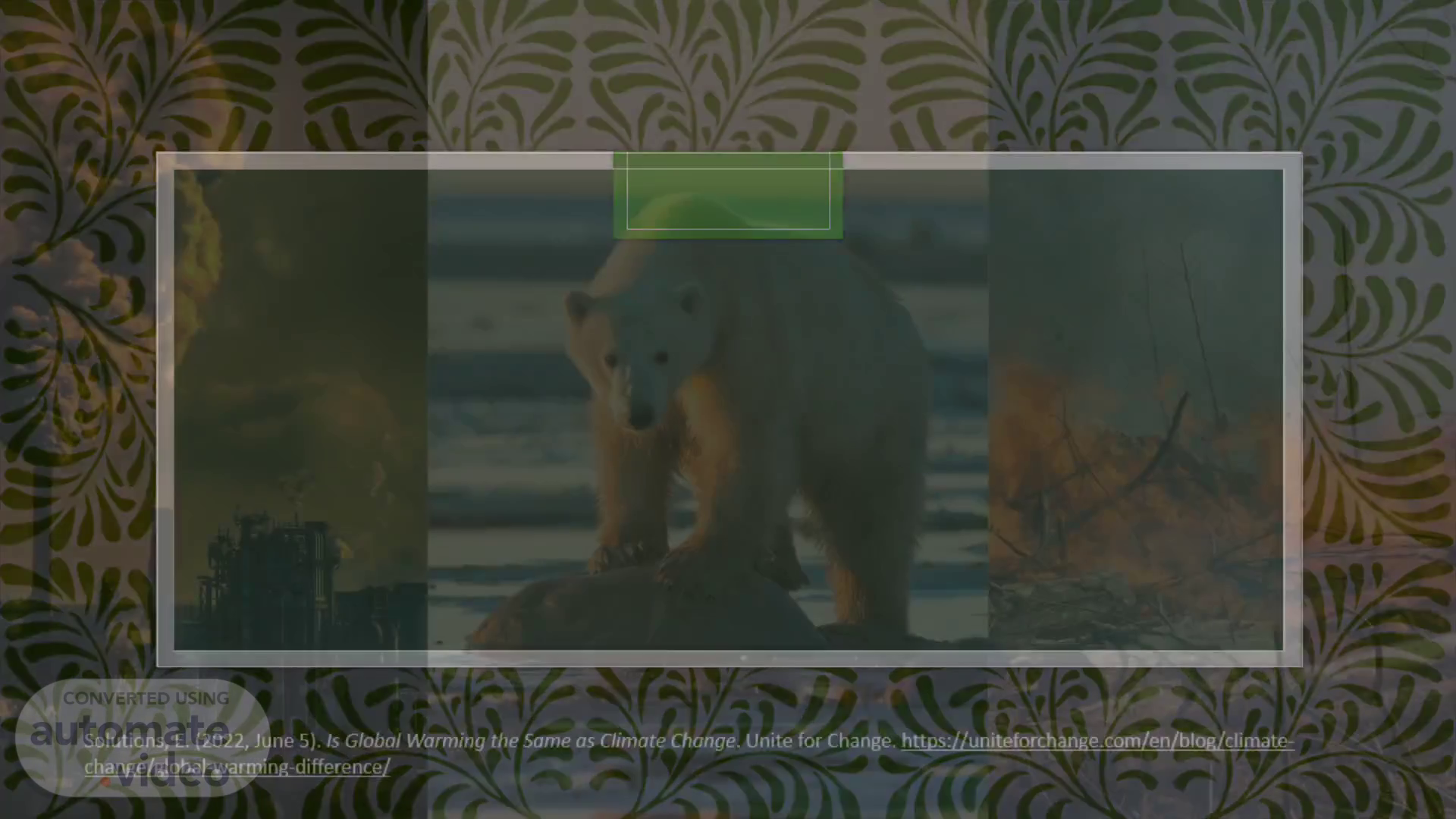
Climate Change and Environmental Ethics in US Federal Policy
Scene 1 (0s)
[Audio] Hello, my name is Jess Penor, and I will presenting the US policies regarding climate change for EVSP 508 Environmental Ethics course. In this presentation, we will discuss the prevailing approach to environmental ethics in US federal policy related to climate change, identify and analyze four major federal laws, and offer an overall analysis of the US government's approach to environmental ethics..
Scene 2 (29s)
[Audio] introduction to climate change and environmental ethics in US federal policy, which explains the prevailing ethical approaches in US federal policy and their relevance to climate change. The three ethical approaches are Utilitarianism, which prioritizes the greatest good for the greatest number of people; Ecocentrism, which focuses on the intrinsic value of nature and ecological systems; and Environmental Justice, which seeks to address the unequal distribution of environmental harms and benefits across society..
Scene 3 (1m 6s)
[Audio] In this slide, we will provide an overview of the four major federal laws related to climate change in the United States and the agencies responsible for implementing and enforcing these laws. These laws include the Clean Air Act (CAA) of 1963, enforced by the Environmental Protection Agency (EPA); the National Environmental Policy Act (NEPA) of 1970, enforced by the Council on Environmental Quality (CEQ); the Energy Policy Act (EPAct) of 2005, enforced by the Department of Energy (DOE); and the Clean Power Plan (CPP) of 2015, enforced by the Environmental Protection Agency (EPA)..
Scene 4 (1m 55s)
[Audio] In this slide, we will discuss the underlying worldviews on environmental ethics associated with each federal law and explain how these worldviews relate to the respective laws and regulations. The underlying worldviews and environmental ethics in federal laws. For instance, the Clean Air Act (CAA) is based on Utilitarianism, prioritizing public health and welfare; the National Environmental Policy Act (NEPA) is based on Ecocentrism, focusing on ecological impacts and intrinsic value of nature; the Energy Policy Act (EPAct) is based on Utilitarianism, maximizing societal benefits through energy efficiency and alternative energy sources; and the Clean Power Plan (CPP) is based on Environmental Justice, addressing the unequal distribution of climate change impacts and protecting vulnerable populations..
Scene 5 (2m 57s)
[Audio] In this slide, we will offer an overall analysis of the US government's approach to environmental ethics, highlighting the most compelling evidence and commenting on how these worldviews shape values and priorities in US federal environmental policy and management. In conclusion, the US government's approach to climate change reflects an anthropocentric worldview, which places human needs and welfare at the forefront of policy decisions. While there are criticisms of this approach, it has led to the implementation of policies aimed at mitigating the impacts of climate change on human societies..
Scene 6 (3m 35s)
[Audio] Thank you for listening to my presentation. Here are my references.